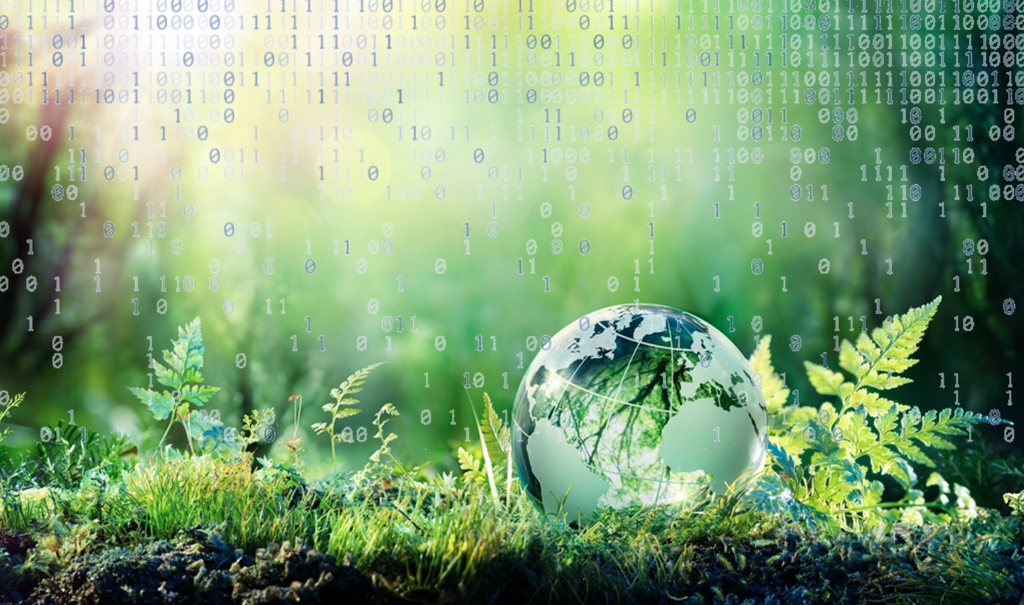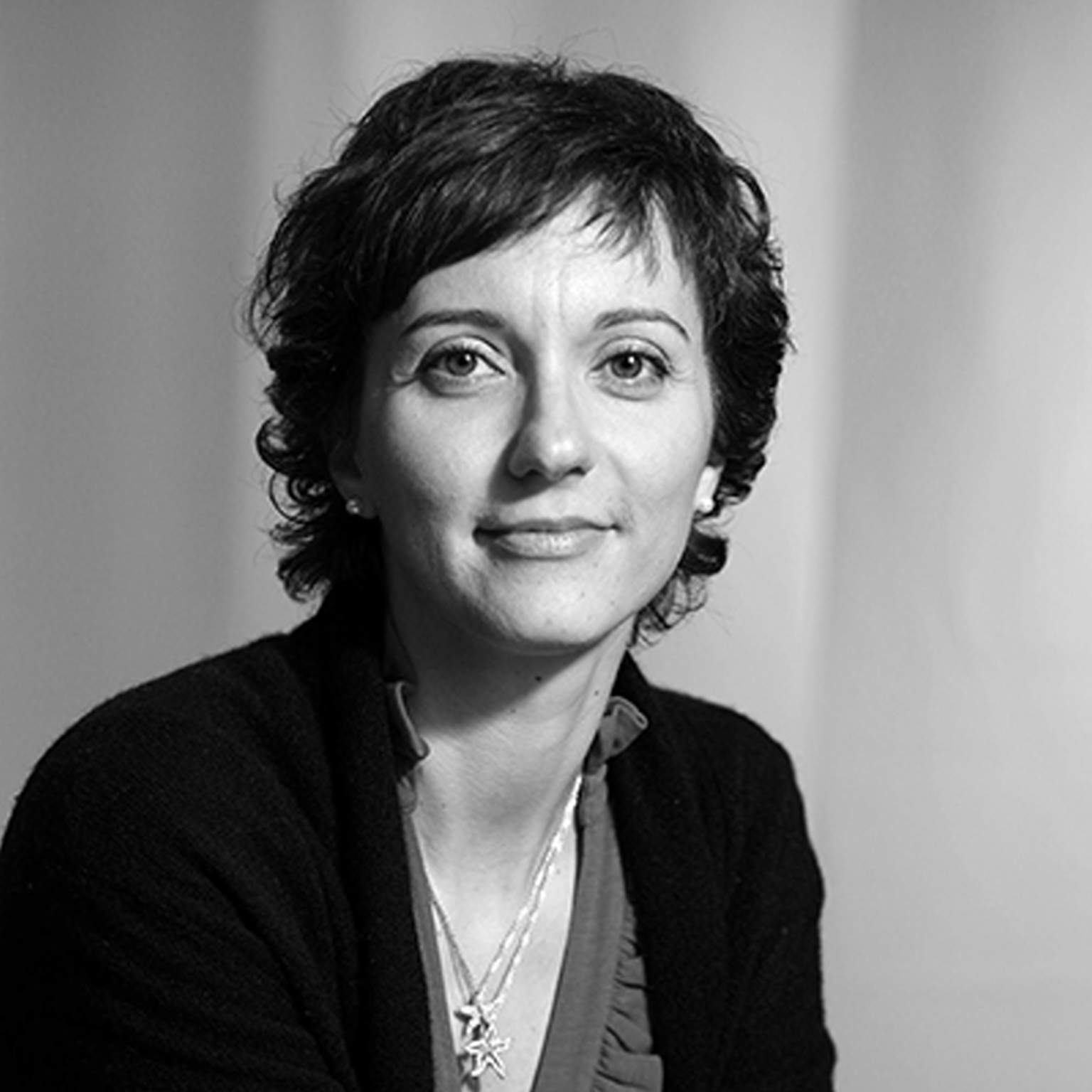Through design, we are transforming the planet. And while design is often intended to be beneficial, its transformative consequences are not always positive: current issues range from climate change to resource depletion and surveillance capitalism.
The scale and complexity of these issues confront designers with the painful and belated realization that we live in an entangled world where it’s not exclusively humans that act and produce effects. Often these effects are the result of messy systems of relations among humans, those that have always co-habited the world such as rivers, plants, and animals, and those that have recently and aggressively come to inhabit this world, for example, automated technologies and algorithms.
There is growing concern that the human-centeredness that characterizes design’s foundations is reaching its limits. Much of contemporary design practice has developed in relation to perspectives and contexts inherently centred on certain human needs and desires at the expense of all other forms of life – many humans included. And while such perspectives have proven effective for advocating human needs and desires in an industrial age of mass-consumption, it is increasingly clear that they are less useful when responding to current challenges, for which considering the more-than-human world is crucial.

Reflecting on a more-than-human turn in design through the projects at DDW 2022, it becomes apparent that the locus of designing is shifting from the production of objects to the cultivation of new practices of making, unmaking, and becoming—and to how formations of humans and nonhumans are accessed and performed within such practices. Projects such as Metamorphonic and Conversation Starters work with the co-performance between humans and nonhumans to seed and allow the unfolding of non-exploiting human-moth and human-AI relations. A project such as Urban Recipes: Walking with Birds attunes humans to the lived experiences of nonhumans in everyday urban environments to open a poetic space for drifting and discovering the city that is in stark contrast to the predictive models of current navigation tools. And finally, projects such as Pond and Minty Zoo use innovative sensing and actuating technologies to enable cross-species communication and care and empower humans with the ability to respond to nonhumans in a more inclusive and sustainable way.
These projects magnify the conceptual and practical shifts needed for learning how to shape, govern, and care for how humans and nonhumans perform and relate, alongside each other. Examples are the shift from ideas of autonomy to co-performance, from predictive to more humble, probabilistic models. Working through these shifts, projects such as these create unprecedented opportunities for more-than-human relations, in an expanded design space that was previously reserved just for us.




